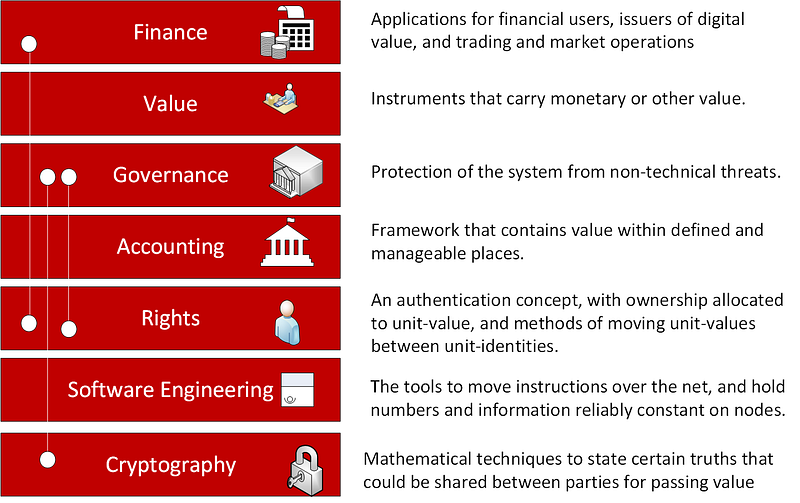Finally, A New World Evolves…

Finally, A New World Evolves…
… Better Late Than Never
After all the difficulties we’ve had recently, last week I saw a glimmer of hope in building a more trusted world, and one which opens up the door for innovation and in the building a truly digital economy. This came with an announcement that the Scottish Government are moving forward with a Digital Identity Service for Scotland:

If it is done wrongly, it will fail badly — as did the last attempt for the UK to create an ID scheme. But, if it is done correctly — and where the latest methods around privacy-preserving methods, Zero-Knowledge Proofs, and so on — it will be a massive step forward in building an economy of the future, and in creating citizen-focused systems.
I hope the work will be driven by both industry, experts and academia, and that we don’t end up with one large company pushing their current solutions. This new world must start with the citizen, and their rights, at the centre, and where identity plays the core role in this. If this is just a way to merge identities across the public sector into one, it will fail. We thus need to think through all of the possibilities, and make sure that we build systems around identity, but where the citizen has core rights. The rights to privacy must be implicit in such a system, and where consent is granted for each service.
We thus do not want this to be a spying network for governments and where they merge of identities into a single identifier which logs everything, but a place were citizens and businesses can control their own space, and then enable a world driven by smart contracts, and not by email addresses.
If we want to build the smart cities of the future, every citizen must have a voice and must able to contribute to them. Digital identity is a core element, and where we can build on layers of governance, consent and privacy. I liken this to the seven-layer model of finance:

The lowest layer — the foundation — must be built on cryptography, and have mathematical certainty. Software engineering will then be core in making sure that the upper layers into properly with citizen rights. Once we have this foundation — a toolkit — we will build a new way to democratise our governments, and put the citizen at the core.
Well done, Scottish Government! Please be open with everything that you create, and don’t fall into the trap of creating closed systems, and enabling a spying network on your citizens. This should be all about building a new digital economy and new government services for improved health and well-being, and not about tracing citizens. Trust is key.
Please don’t compromise this with a race to the bottom … the lowest tender wins, and the same old companies get the tender … let this be as important as building a new bridge, as we are building a bridge from our old world into a new one, and if we get it wrong, our bridge will fall:

All of the tools and methods are now in place, and there’s no reason not to build the best infrastructure possible. As we saw with the COVID-19 track and trace App in the UK, giving something as important to this to a few companies, and to those with vested interests in centralising things, is not a good approach. We must be open and transparent, and create systems which truly integrate and do not have a lock-in. It must be a framework to build on and not a closed infrastructure which benefits just a few companies. The opportunities for improved government services are almost endless, but the opportunities for economic growth and stimulation are also massive. I hope that innovation, trust and openness will be key factors in selecting the right way forward. Estonia has shown that a roadmap for the future and a vision are much better than having the best technical solution at any given time.